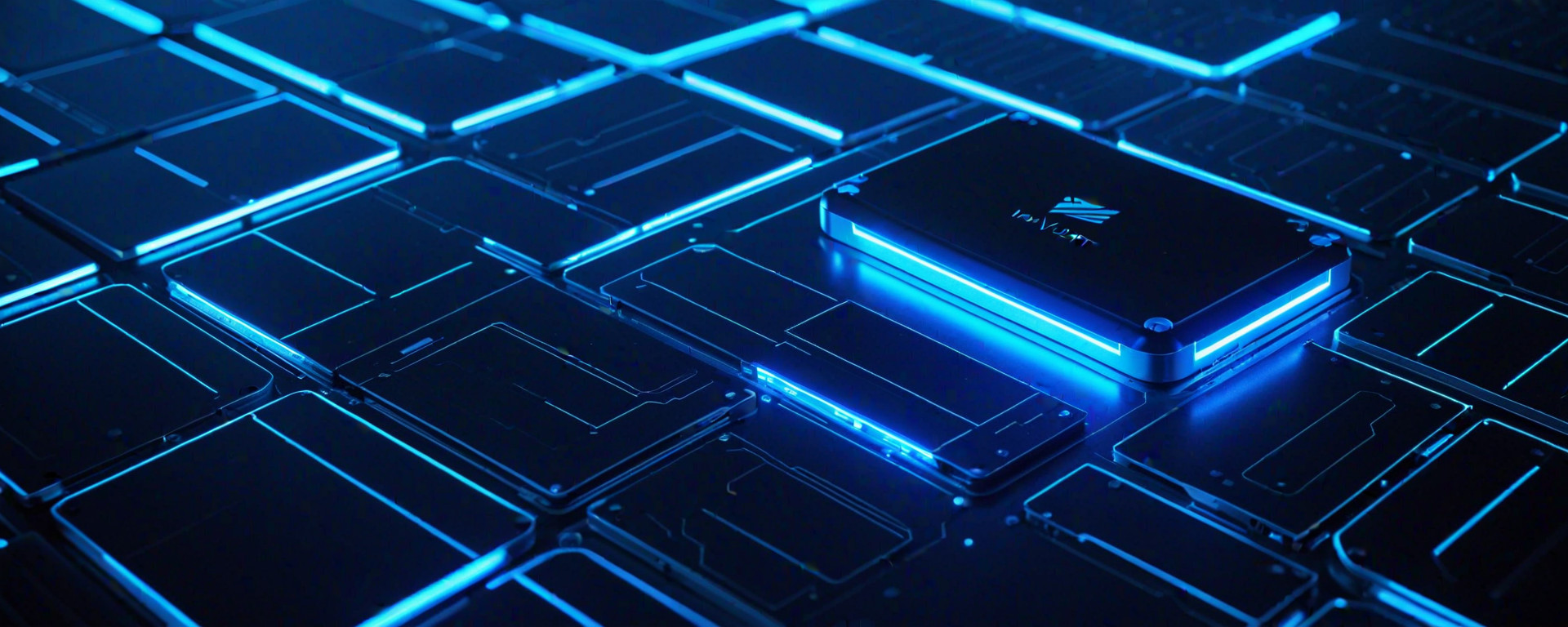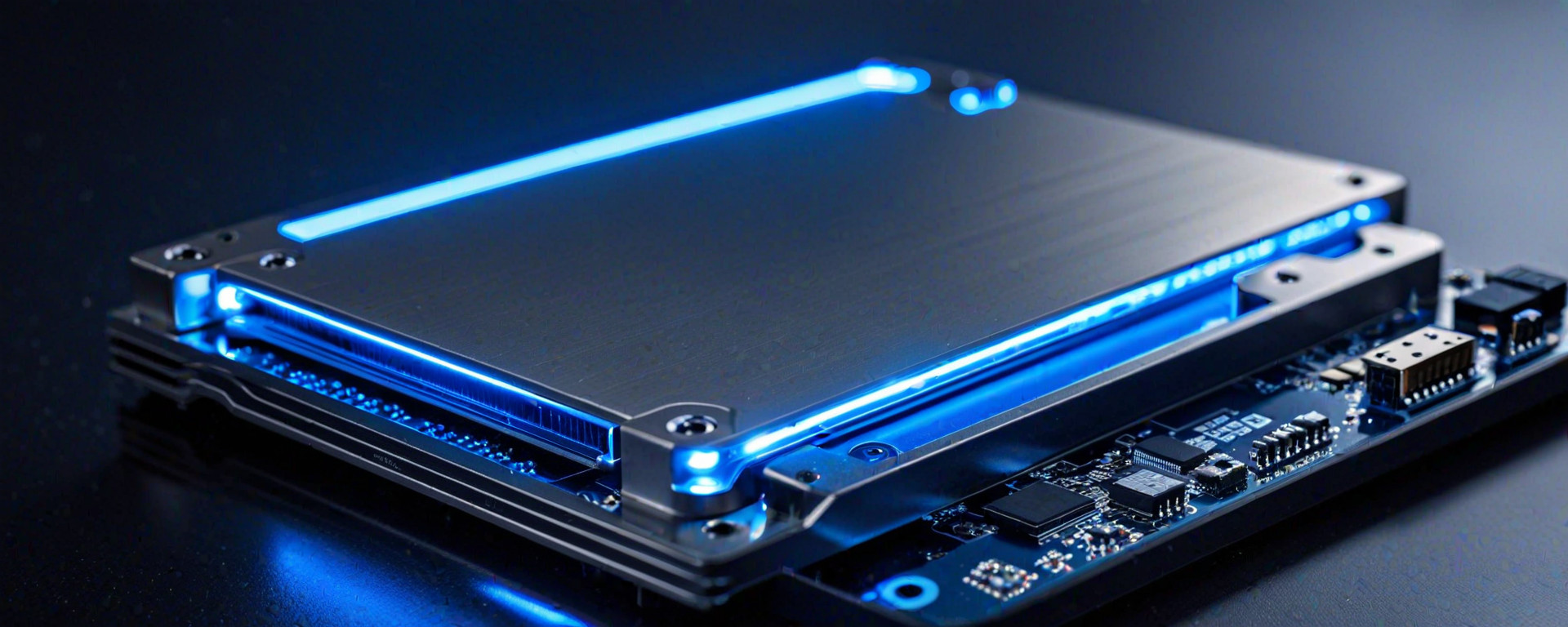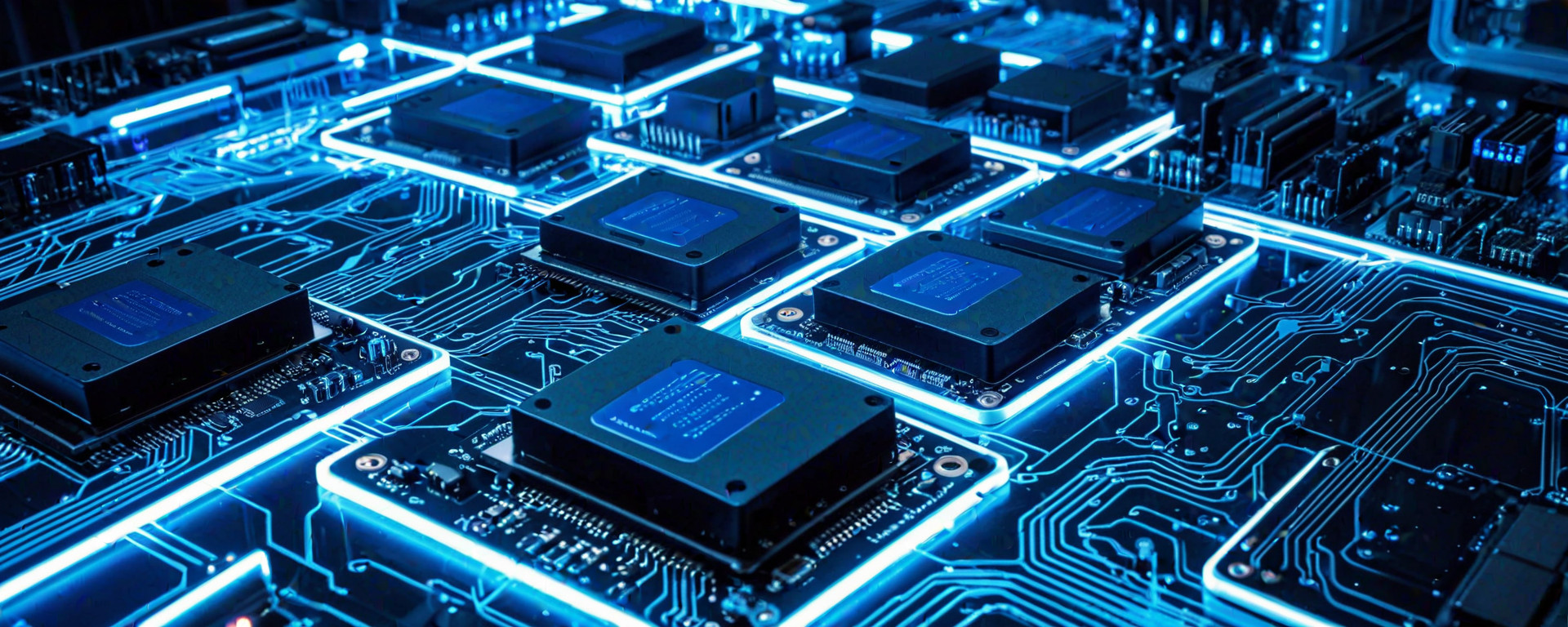Introduction
In today's digital age, data security has become a paramount concern for individuals and businesses alike. With increasing threats from cyber attacks and unauthorized access, protecting sensitive information has never been more critical. Modern storage drives have evolved to meet these challenges head-on with advanced features designed specifically to safeguard your files.
Data vaults are not just physical devices but comprehensive solutions that integrate encryption, secure boot processes, and robust access controls to ensure your data remains safe from prying eyes and malicious attacks. This article delves into the world of modern storage drives, exploring their capabilities in securing your valuable information.
Overview of Data Security Features
The cornerstone of any effective data security strategy is strong encryption. Modern storage drives typically support AES-256 bit encryption, providing a highly secure method to protect stored files. This level of encryption is considered unbreakable by brute force attacks, ensuring that even if unauthorized users gain access to your drive, they cannot decrypt the data without the correct key.
Access Controls
In addition to encryption, robust access controls are essential for maintaining security. Features such as biometric authentication (fingerprint or facial recognition), two-factor authentication (2FA), and password management tools help ensure that only authorized individuals can gain entry to your data vaults.
Secure Boot Processes
A secure boot process ensures that the storage drive loads trusted firmware and operating system components, preventing unauthorized software from interfering with startup procedures. This feature helps safeguard against rootkits and other malware that might attempt to install themselves during the early stages of a computer's boot sequence.
Types of Modern Storage Drives
The market offers various types of modern storage drives, each with its own set of data security capabilities:
- Solid State Drives (SSDs): SSDs are faster and more durable than traditional hard disk drives (HDDs) due to their lack of moving parts. They offer excellent encryption features and rapid access speeds.
- Hard Disk Drives (HDDs): Despite being less secure in terms of physical tampering, HDDs still provide robust data protection through advanced encryption standards.
- NVMe SSDs: NVMe (Non-Volatile Memory Express) SSDs are designed to take full advantage of PCIe lanes for extremely high-speed transfers. They often include additional security features such as hardware-based self-encryption and secure erase functions.
Detailed Comparisons with Alternatives
To illustrate the differences between various types of storage drives, let's compare some popular models:
| Model | Type | Encryption Standard | Access Control Features | Secure Boot Capabilities |
|---|---|---|---|---|
| Samsung 970 EVO Plus | NVMe SSD | AES-256 bit | Password protection, Fingerprint recognition (via computer) | Trusted Platform Module (TPM) support for secure boot |
| WD Black SN750 | NVMe SSD | AES-256 bit | Password protection, Secure erase functionality via software utility | No specific TPM requirements but supports Windows Hello (via computer) |
| Toshiba P300 7200 RPM | HDD | 128-bit or 256-bit AES depending on model | Password protection, Secure erase via software utility | No specific TPM requirements but supports Windows Hello (via computer) |
| Seagate Barracuda 7200 RPM | HDD | AES-256 bit | Password protection, Secure erase via software utility | No specific TPM requirements but supports Windows Hello (via computer) |
Technical Specifications and Performance Benchmarks
Beyond security features, it's important to consider the technical specifications of different storage drives:
| Model | Type | Capacity (GB) | Interface | Sequential Read Speed (MB/s) | Sequential Write Speed (MB/s) | Power Consumption (W) |
|---|---|---|---|---|---|---|
| Samsung 970 EVO Plus | NVMe SSD | 1TB | M.2 PCIe NVMe | 3,500 MB/s | 3,300 MB/s | 2.8 W (Read), 2.4 W (Write) |
| WD Black SN750 | NVMe SSD | 1TB | M.2 PCIe NVMe | 3,470 MB/s | 3,000 MB/s | 3 W (Read), 2.9 W (Write) |
| Toshiba P300 7200 RPM | HDD | 4TB | SATA III | 150 MB/s | 146 MB/s | 6.8 W (Read), 9.2 W (Write) |
| Seagate Barracuda 7200 RPM | HDD | 5TB | SATA III | 150 MB/s | 146 MB/s | 8.3 W (Read), 11.9 W (Write) |
Real-World Usage Scenarios and Case Studies
Understanding how these drives perform in real-world scenarios can provide valuable insights into their effectiveness:
- Scenario: Corporate Environment
A medium-sized enterprise uses Samsung 970 EVO Plus NVMe SSDs across its workstations to ensure rapid boot times and efficient data access. The company implements a strict password policy and enables Windows Hello for biometric authentication, significantly reducing the risk of unauthorized access. - Case Study: Financial Institution
A large financial institution relies on WD Black SN750 NVMe SSDs to store sensitive client information securely. By leveraging secure erase functions during hardware upgrades or disposal, the company ensures compliance with data protection regulations and minimizes the risk of data breaches. - Scenario: Backup Solution
A small business uses Toshiba P300 7200 RPM HDDs as part of its off-site backup strategy. The organization employs strong passwords and regular firmware updates to protect against potential security threats while maintaining a cost-effective solution for long-term data archiving. - Case Study: Government Agency
A government agency deploys Seagate Barracuda 7200 RPM HDDs in its servers to manage large datasets securely. The agency implements strict access controls and employs secure erase functions during hardware disposal, ensuring compliance with stringent data protection requirements.
Future Trends and Innovations in Storage Solutions
The field of storage technology is constantly evolving:
- Solid State Hybrid Drives (SSHDs): Combining the speed of an SSD with the capacity of an HDD, SSHDs offer a balance between performance and cost.
- Optane Memory: Intel's Optane technology provides ultra-fast caching capabilities to significantly enhance system responsiveness without requiring full NVMe support.
- PCIe Gen 4.0 SSDs: With upcoming generations of PCIe interfaces, new storage solutions will deliver even greater bandwidth and performance improvements.
- Data Protection Innovations: Future advancements in encryption algorithms, hardware-based security features, and biometric authentication methods promise enhanced protection against emerging threats.
Conclusion
Selecting the right storage solution involves balancing performance needs with security requirements. NVMe SSDs offer superior speed and advanced security features but come at a higher cost compared to traditional HDDs or SATA-based SSDs. Understanding your specific use case and evaluating factors such as encryption standards, access control mechanisms, secure boot capabilities, capacity, interface type, sequential read/write speeds, and power consumption will help you make an informed decision.








